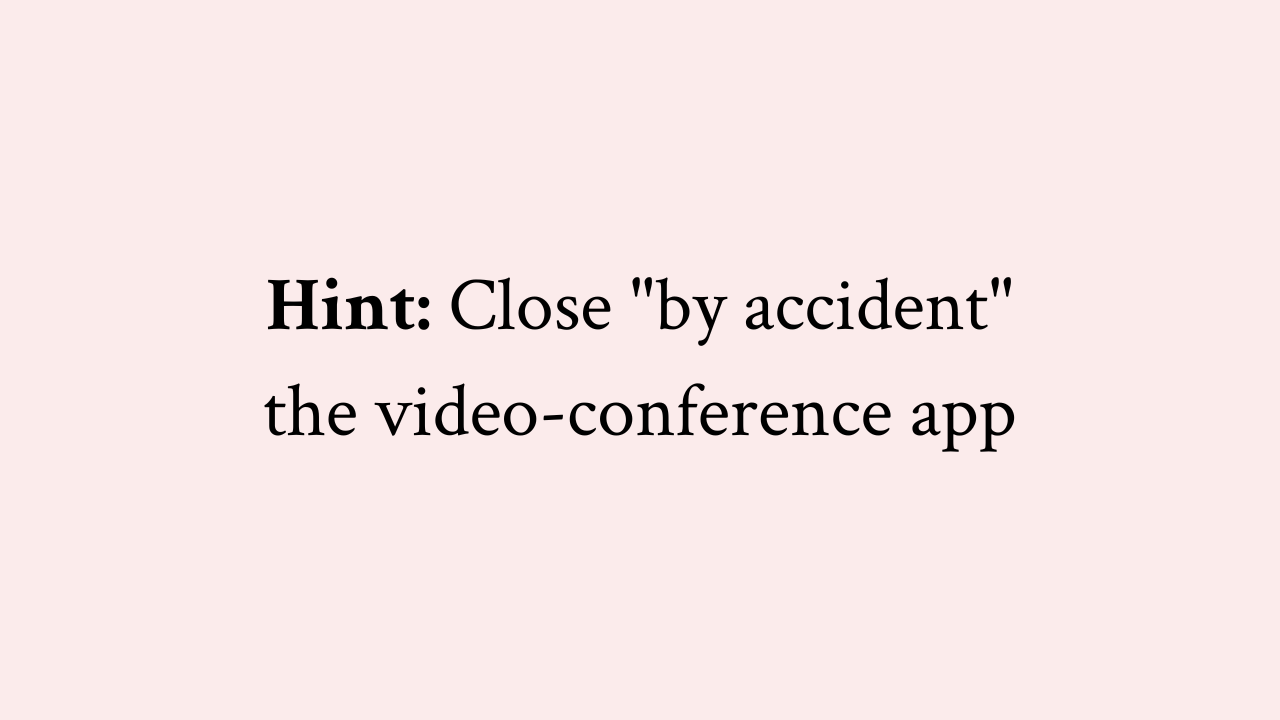6 Ways to Avoid Mentoring Fright

To mentor someone can be daunting, more so when your mentee happens to be an experienced and laureate leader. Multiply your number of mentees by 15, add 45 minutes as your timebox, and consider the ever existing temptation of people multitasking during remote meetings, and you'll get "Mentoring to Fright."
"Mentoring to Fright" is a one-to-many mentoring session, where the pressure is high, the time to react is low, and you can't think what to say to them because the impostor syndrome barges in.
From Fright to Flow
Based on real events, this is my Pro-tip to flip the script and turn your "Mentoring to Fright" into a "Mentoring to Flow" story.
So, next time one of your mentees finishes talking, and you don't have a clue what to say, be sure to have these 6 alternatives at hand.
6 Ways to Enjoy Flow in Your Next Mentoring
After stage fright kicks in, take a deep breath and...
- Remain silent
- Ask a question
- Tell an anecdote
- Connect it with something that was said before
- Say "don't know/don't remember (let me do some digging for you)"
- Call for a break
- Bonus: engage others in the conversation (for one-to-many sessions)
Use these and you'll be able to stay in your mentor zone, no matter what.
Here's the Breakdown
2. Ask a question: this will depend on the situation, but there're questions like "what do you think would be the next step forward?" or "what did you learn in the process?" (Related: Combo-Breaker Questions for Agile Mentors).
3. Tell an anecdote: maybe you're finding it hard to tell the person a direct piece of advice. However, if you share a personal similar experience, you could provide an additional perspective to the situation. It could also allow you to reassess and finish strong with a recommendation.
4. Connect it with something that was said before: can you relate it with something stated before in order to call out an unseen pattern or emergent insight?
5. Say "don't know/don't remember (let me do some digging for you):" there's nothing wrong in acknowledging shortcomings. Make a promise to provide advice later and move on.
6. Call for a break: give yourself time to regroup. Drink water, stand up, walk, dance, laugh. You are in a remote meeting and you really really need that pause? Close "by accident" the video-conference app, count to ten, and resume the session refreshed.
Bonus: engage others in the conversation (for one-to-many sessions): you don't need to have all the answers. Ask the audience what they would recommend or a similar question that could help the group move forward and grow in the most meaningful way.
Fright Alert!
I'm having trouble closing this pro-tip. So, let me use way #4 and honor something Bruce Lee said:
"... Empty your mind, be formless. Shapeless, like water. If you put water into a cup, it becomes the cup. You put water into a bottle and it becomes the bottle. You put it in a teapot, it becomes the teapot. Now, water can flow or it can crash. Be water, my friend." — Bruce Lee
May you enjoy flow in your next mentoring session.
Alberto
PS: Leadsticks is my new leadership zine and your new issue is out now. Read the digital edition here.




